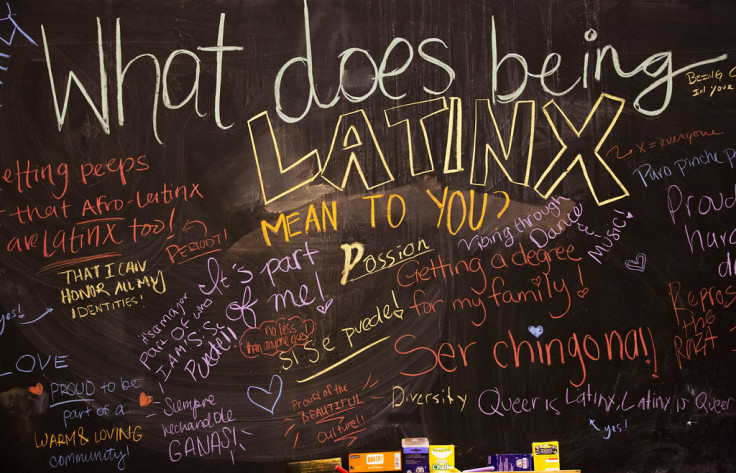
A Pew Research study published in September revealed that only 4% of Latinos use the term "Latinx" to describe themselves, a figure that practically hasn't changed since 2019. The survey also found that 75% of Latinos who are aware of the term believe it should not be used to describe the broader Hispanic or Latino population, an increase from 65% five years earlier.
Overall, most U.S. Latinos continue to prefer the traditional terms "Hispanic" or "Latino," with 81% favoring these labels.
A new study by researchers Marcel Roman from Harvard University and Amanda Sahar d'Urso from Georgetown University is further looking into the use of the term "Latinx", revealing it is having detrimental political implications for Democratic politicians: it may have inadvertently shifted some Latino voters toward the Republican Party, the study claims.
Researchers examined population surveys and determined that Latino voters with conservative views, particularly on LGBTQ issues, have been less likely to support Democratic politicians who use "Latinx," a gender-neutral term meant to be inclusive of LGBTQ+ and gender nonconforming communities.
"We find that backlash is not driven by concerns related to respect for the Spanish language or anti-intellectual beliefs – that Latinx is a bourgeois, coastal, white imposition on working-class Latinos," Roman said in a recent interview. "The reason why it generates backlash against some aspects of the Democratic Party is it's a signal of inclusivity toward LBGTQ+ and gender non-conforming" members of the Latino community.
The term "Latinx" grew in political use among Democrats since its introduction, with prominent figures like Joe Biden, Kamala Harris, and Elizabeth Warren adopting it in speeches and social media. However, Roman and d'Urso found that its usage did not increase Democratic support among Hispanic voters with positive views on LGBTQ+ issues.
In areas where Latinx-related topics were particularly prominent online, a proxy for local political discourse, Latino voters with negative views toward LGBTQ+ individuals showed higher rates of support for Donald Trump in 2020 than in 2016. Trump's appeal to socially conservative voters, including opposition to policies seen as supporting LGBTQ+ rights, likely resonated with this demographic.
"Our theory and evidence teaches us group labels can have profound consequences on politician evaluations." reads a passage of the study. "Group labels can cue considerations related to the distribution of political resources and/or representation. Inclusive group labels may politically alienate group members who are predisposed against the inclusivity of newly included or salient group members."
Democrats appear to have adjusted their strategy in response. Since early 2021, Biden and Harris have refrained from using "Latinx," reflecting concerns that the term may do more political harm than good. Yet Roman notes that some damage may already be done due to the term's established association with the Democratic Party.
"I think, in general, inclusive language is good," he added. "It's not the phrase that's the problem. It's that people hold queer-phobic attitudes – that's the problem." Shifting that reality, he said, is "a much larger undertaking."
© 2024 Latin Times. All rights reserved. Do not reproduce without permission.






.jpg?w=600)


